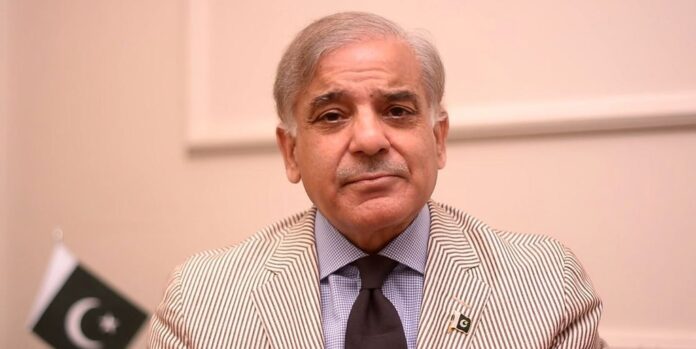Prime Minister Shehbaz Sharif’s administration unveils new tax measures aimed at fulfilling IMF criteria amidst economic reforms
In a significant move to bolster its economic standing and meet International Monetary Fund (IMF) conditions, Pakistan’s government under Prime Minister Shehbaz Sharif has announced sweeping tax reforms. Finance Minister Muhammad Aurangzeb presented these measures in a session at the National Assembly, highlighting adjustments across multiple sectors to enhance revenue generation for the upcoming fiscal year.
Among the key reforms introduced, the government has extended exemptions in specific sectors while implementing new tax measures in others. One of the notable changes includes the introduction of a capital value tax (CVT) on property in Islamabad, targeting property transactions within the federal capital region. Additionally, the Finance Bill 2024 has been amended to modify the Petroleum Development Levy (PDL) on diesel and petrol, reducing it from Rs80 to Rs70 per litre while increasing the existing levy on petroleum products.
Embed from Getty ImagesFurthermore, the Federal Excise Duty (FED) rates have been significantly adjusted, particularly affecting air travel. Economy and economy-plus foreign travel tickets will see a 150% increase in FED rates, from Rs5,000 to Rs12,500. Similar adjustments have been made for other classes of flight tickets, reflecting the government’s efforts to diversify revenue sources amidst economic challenges.
The reforms also address taxation on exporters and high-income individuals, imposing a 10% surcharge on annual incomes exceeding Rs10 million. Notably, the reduced tax rates on hybrid vehicles have been extended until 2026, aligning with the government’s environmental and economic policies.
Moreover, the Finance Bill includes provisions for enhancing tax compliance and combating tax evasion through the establishment of a dedicated tax fraud investigative wing within the Federal Board of Revenue (FBR). Additionally, adjustments in sales tax exemptions and rates on various goods and services aim to streamline taxation policies while ensuring equitable economic measures.
Analysis:
Political Perspective: From a political standpoint, Shehbaz Sharif’s government faces the dual challenge of implementing stringent economic reforms while navigating political pressures. The introduction of these tax reforms is crucial not only for meeting IMF criteria but also for demonstrating governance and fiscal responsibility to domestic and international stakeholders. The reforms are likely to influence political dynamics by showcasing the government’s commitment to economic stability and transparency, potentially bolstering its credibility ahead of future elections.
Social Perspective: Socially, these tax reforms are expected to have varied impacts. While targeted exemptions and adjustments aim to alleviate economic burdens on certain sectors, increased taxes on luxury goods and services could potentially widen socio-economic disparities. The government’s emphasis on infrastructure development and environmental sustainability through tax incentives for hybrid vehicles reflects broader social priorities, impacting urban planning and public welfare initiatives.
Economic Perspective: Economically, the reforms are designed to enhance revenue generation and fiscal discipline amidst economic challenges. By broadening the tax base and rationalizing tax rates, Pakistan seeks to stabilize its fiscal position and attract foreign investment. The extension of tax incentives for exporters and strategic industries aligns with efforts to boost industrial growth and export competitiveness, crucial for economic recovery and sustainable development.
